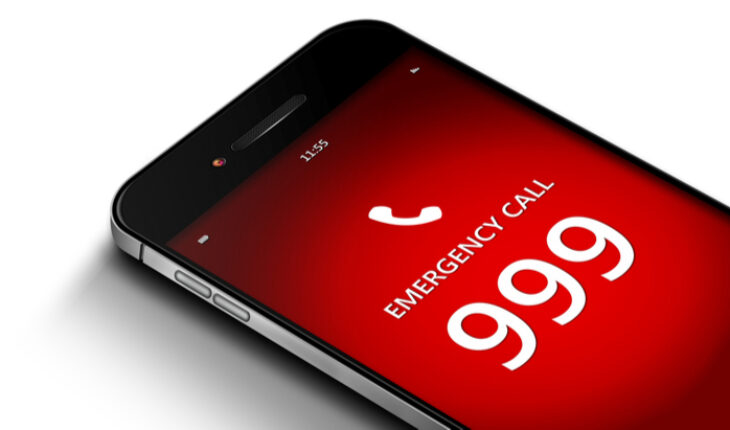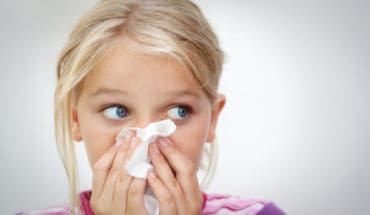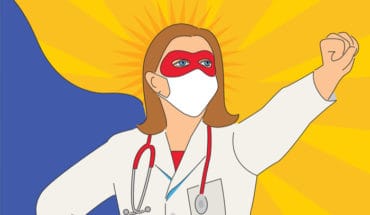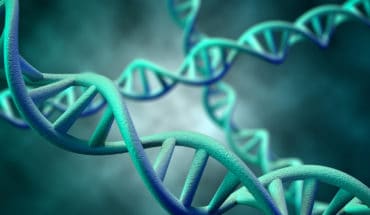999 – when to call for an ambulance and when not to: Would you know when to call an ambulance, when you don’t need an ambulance and when it is more appropriate to drive yourself to A&E or visit your GP instead?
Our emergency services are there for when we are at our most vulnerable, to help with life-threatening emergencies.
Sometimes it can be difficult to judge. Some people also wrongly believe that you get priority treatment arriving by ambulance. This is absolutely not the case – please don’t think of ambulance service as transport to hospital – you are calling them to provide emergency medical expertise.
The call handlers for all our emergency services are stretched to capacity. For this reason, calling them inappropriately will inevitably delay life-saving help from the police, fire service or paramedics to people who vitally need it. People may die as a result.
Some Examples
A recent campaign by the Metropolitan police revealed calls to 999 that people should never have made, including:
- On New Year’s Day, a woman called police to wish them a Happy New Year.
- 10 March: a female called police to demand that a female taxi driver come and pick her up.
- 21 March, a member of the public phoned up because a fast-food restaurant KFC had run out of chicken.
- 6 July: a male caller phoned to tell the call handler that a bus driver had shut the door in his face, when in fact the bus had broken down and no one was allowed on board.
- 19 September: a man called 999 to report that he did not receive his breakfast quick enough at a central London pub.
- 19 November: a male driver called police to tell them that he had been having an argument with a female driver about who had the right of way.
- 25 November:, a female member of the public called police to report that her bus driver had been whistling throughout her journey.
Similarly, many people dial 999 for an ambulance when they don’t need one. Or could have used other medical support services such as calling 111, A&E, the GP service, or the pharmacist instead. A recent study analysing 300 consecutive calls to the NHS found just over half – 54% – of the patients legitimately needed an ambulance.
Furthermore, millions of patients every year turn up in A&E, for ailments that did not warrant specialist emergency medical treatment. A survey revealed that 1 in 3 admitted to attending A&E, simply because they were worried and didn’t know what to do.
NHS figures revealed 22,000 ‘potentially trivial’ incidents seen in A&E in 2018. These included hiccoughs, hangovers, paper cuts, splinters, constipation and insomnia. Studies confirm around 20% of people who turn up at A&E should have gone to their GP instead.
Yet a mistakenly dialled 999 phone call can’t make much of a difference to the NHS – can it?
- Each call to 999 for an ambulance costs £7
- Dispatching an ambulance costs £180
- If the patient arrives into the emergency department it costs around £233
These costs quickly mount up and we have extremely limited resources. Therefore, it is vitally important we only use our emergency services when we really need them.
Knowing when we need to dial for help is vital.
Attending a practical or online first aid course will equip you with the skills to prioritise and recognise the most appropriate level of care needed. A quality first aid course should save you unnecessary visits to hospital and ambulance call outs. It will also give you the skills and confidence to treat many common medical emergencies at home.
The following information aims to help you assess how to best respond to medical emergencies.
Please note that this is not an exhaustive list. If you are seriously worried that someone is experiencing a life-threatening emergency, please do not hesitate to phone for an ambulance.
We strongly advise you to immediately administer First Aid and call an ambulance if someone experiences:
- Unconsciousness – whether breathing or not breathing
- Abnormal breathing
- Obvious serious wound or suspected skull fracture
- Bleeding or clear fluid from the nose, ear or mouth
- Lack of co-ordination, disturbance of speech or vision, pupils of unequal size – following a head injury
- Weakness or paralysis – following a head injury, or could possibly indicate a Stroke – think FAST test
- Neck pain or stiffness, either following a fall or accident, or if extremely unwell
- Fitting and seizures – particularly if this is the first time
- Repeated vomiting following a head injury.
- For a baby or young child – err on the side of caution. Children can deteriorate quickly.
- Inability to pass urine, for a baby – a dry nappy for over 6 hours.
- An acute anaphylactic attack.
- An asthma attack that will not resolve with the inhaler.
- Serious bleeding – particularly if it is bright red frothy blood or pulsating blood and will not stop with direct pressure.
- Serious burns – give immediate first aid under cool running water, treat for shock and get help fast.
- Showing signs of shock.
- Possible indications of Sepsis or meningitis.
You probably don’t need ambulance transport, but you should take someone straight to A&E if they have:
- A fever and are floppy and lethargic – but conscious.
- Abdominal pain.
- A bleeding wound that will probably need stitches or gluing, if they have amputated a finger or if have something embedded in the wound..
- A leg or arm injury and can’t use the limb
- Swallowed poison or tablets and are not showing any adverse effects. (calling 111 can also give you advise from the poisons database – if they are behaving strangely or experiencing any symptoms from the poison; call an ambulance immediately)
Go to your Family Doctor:
For other less serious and non-life-threatening medical concerns, contact your GP or phone 111 for medical advice.
The bottom line:
Trust your instincts. If you are seriously worried, administer First Aid and get medical help quickly.
If you are dealing with an emergency that involves a particularly vulnerable person, for example an elderly person, baby or very young child and you are seriously concerned – always call an ambulance.
- What is a seizure? - 13th March 2025
- Febrile Convulsions and Seizures in Children - 13th March 2025
- Why women are less likely to receive CPR or survive cardiac arrest - 6th March 2025






